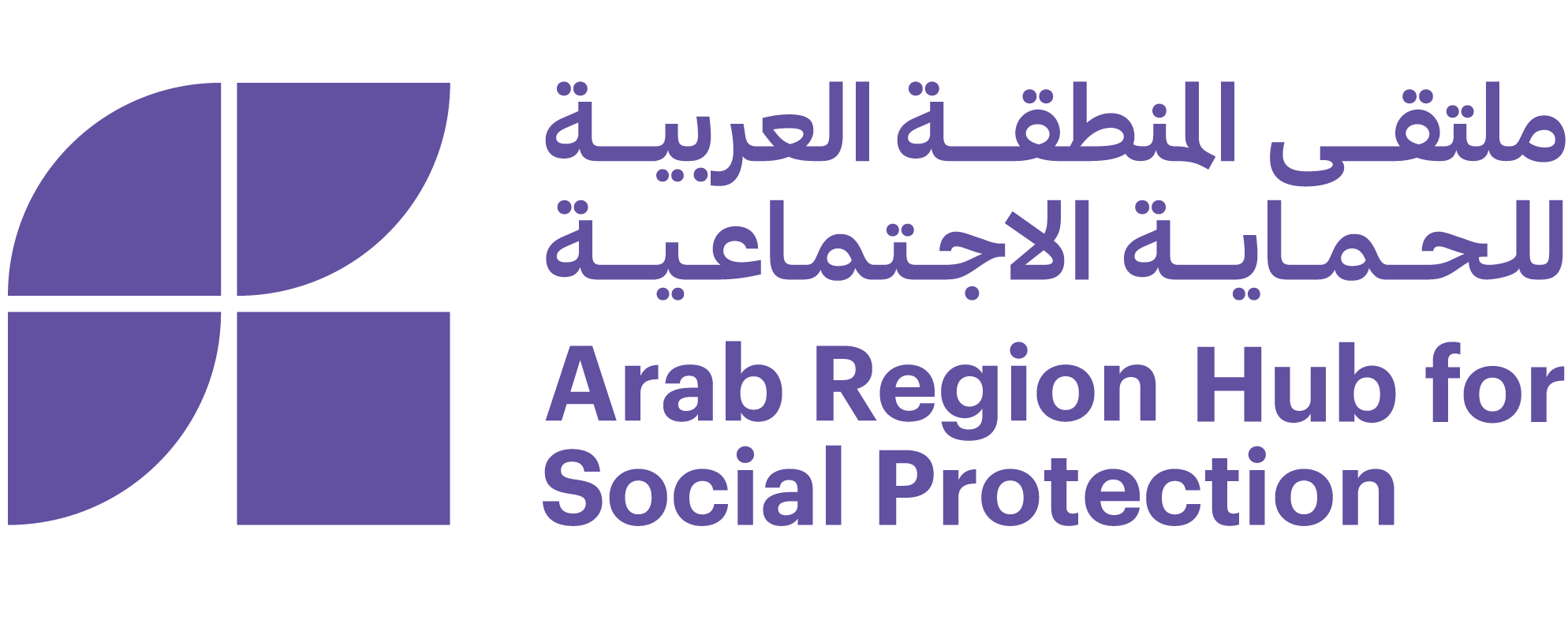
Interview with Salma Sakr, advocacy and communications manager at the Anti-Racism Movement Lebanon.
The Anti-Racism Movement (ARM), a grassroots feminist organization advocating for migrant workers’ rights and solidarity in Lebanon, recently published a report documenting efforts by migrant domestic workers to organize for their rights. This research – covering the period from 1980 to 2022 – marks the first effort to thoroughly document the rich history of community organizing by migrant domestic workers in Lebanon – who numbered an estimated 250,000 in 2016.1
Like workers in the Gulf, migrant domestic work in Lebanon operates under an exploitative Kafala system. It is not a codified law, but a set of procedures that are based on a law governing the entry and exit of migrant workers in Lebanon and managed by the General Security. In addition to restrictive migration regulations, domestic workers – Lebanese and foreigners alike – are excluded from the Lebanese labor law, leaving this already isolated group of workers vulnerable to exploitation.2
Faced with widespread exploitation, migrant domestic workers in Lebanon have self-organized for years. Initially focused on relief initiatives led by faith and nationality-based organizations with male-centered leadership, the movement evolved as labor dynamics changed. It shifted towards more female-led political organizing that challenges the foundations of the Kafala system with rising attempts to organize across nationalities. This development is non-linear, influenced by crises, conflicts, Lebanon’s changing political landscape, situations in home countries, the COVID-19 pandemic, and the recent economic collapse. The research maps these different initiatives and draws lessons highlighting challenges, opportunities, and recommendations.
To read the interview: click here

Comments are closed, but trackbacks and pingbacks are open.